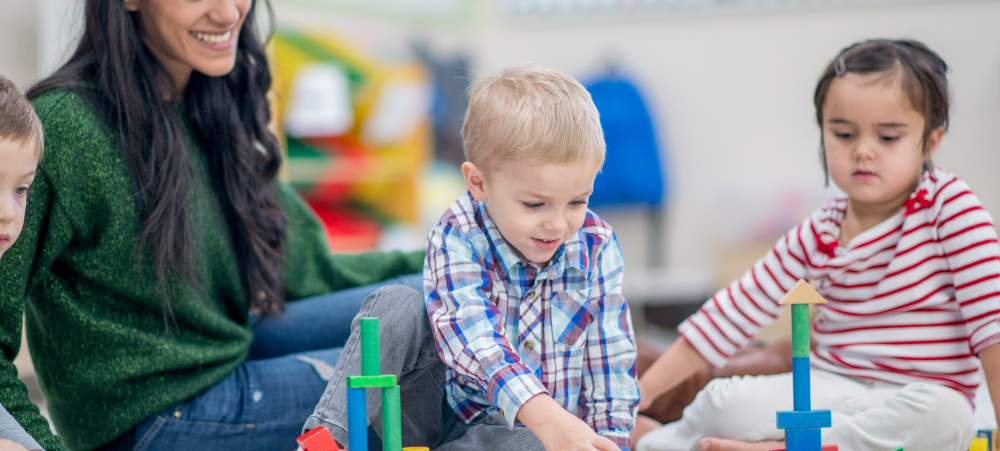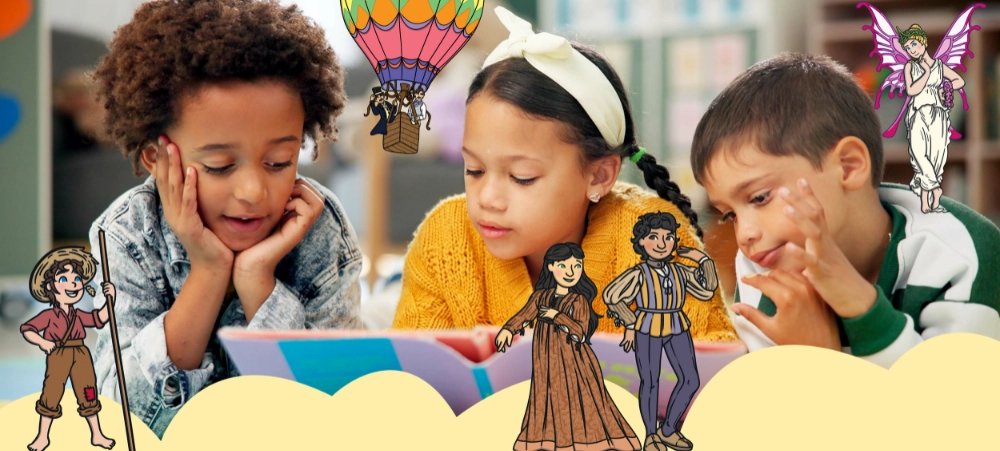Children are increasingly suffering from low muscle tone, low memory, poor speech, poor vocabulary, poor motor planning, and lack of proprioception or spatial awareness. Mostly because many children spend hours in front of computers, IPads, or television instead of playing.
Most people are unaware of is the impact playing has on a child’s development.
A child’s motor skills develop from the outside in. When babies lie on the ground and kick and punch the air, their muscles are becoming stronger. According to a recent article by Pamela Li, MS, MBA (Importance of play in Early Childhood), “an infant’s brain is equipped with an abundance of brain cell connections (synapses). Synapse overproduction allows information captured from the early years to build a foundation for the brain.” A study showed that a child’s language skills improved when a mother interacted with her baby when they started playing with toys. She would tell the child what the toy was and what it did. When the child was tested 3 months later, they had better language skills. (Newland LA, Roggman LA, Boyce LK. The development of social toy play and language in infancy.) When adults talk to them, read to them, and play with them babies’ brains are stimulated.
Children need to run, climb, push, pull, cycle and jump before they can draw. This helps with Gross motor development. Children need to have strong gross motor skills before they can do small motor tasks such as drawing, cutting, and writing. They also need to play with materials like play dough, blocks, bean bags, skipping rope, monkey bars, push bikes, water, sand, and foam, to name a few.
Play develops:
- Brain growth.
- Improves intelligence.
- Sparks creative thinking.
- Improves communication, vocabulary, and Language.
- Promotes impulse control and emotion regulation.
- Grow social competence and empathy.
- Better physical and mental health.
- Teach life lessons.
- Strengthen relationships with caretakers and peers.
Play, takes so many forms, physical play (dancing, ball games, movement activities), Social play (playing with other children or adults), Constructive play (drawing, music, crafts, and building), Fantasy play (imagination, dress-up, dramatization), Games with rules (board games, Simon says, musical chairs, dominoes, etc.) Courtesy – HSE LIVE – We’re here to help.
We could write and talk about this topic forever as I feel very strongly about it. Even more so being an online teacher. I try to incorporate as many games and movement activities as I can in my lessons. This also helps with children’s concentration.
According to https://publications.aap.org a pediatrics article – “Playing allows children to use their creativity while developing their imagination, dexterity and physical, cognitive and emotional strength. Play is important to healthy brain development. It is through play that children at a very early age engage and interact in the world around them.”
So, Moms and Dads, Grandparents, Aunts and Uncles, the washing, and cleaning can wait for a while. Rather play with your precious little ones. They grow up too quickly.
Tracey Binge – A teacher at Evolve Online School





